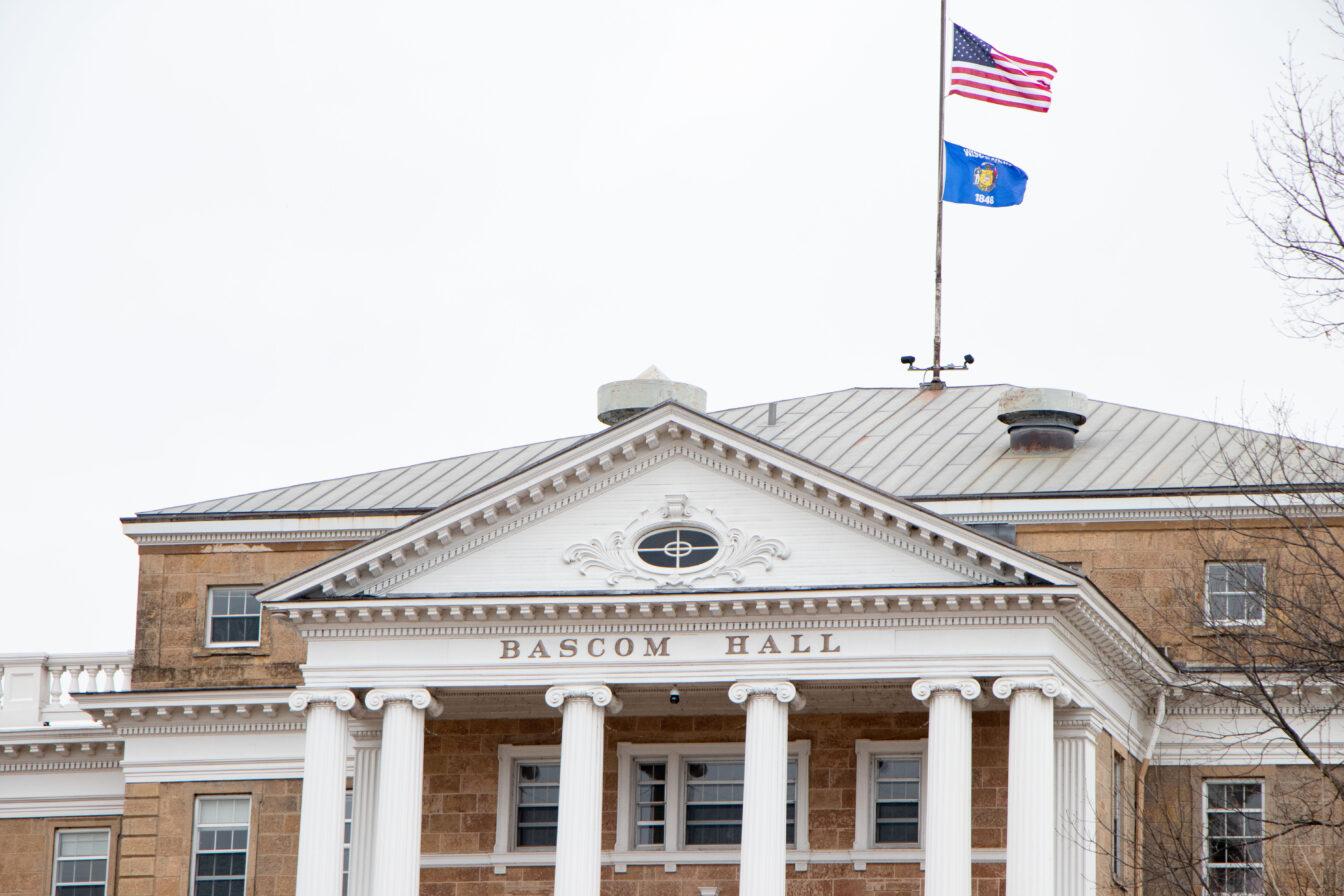University of Wisconsin System President Jay Rothman proposed a new budget plan in early March, detailing an increase in tuition and fees for undergraduate students across each of the 13 UW System institutions.
The Board of Regents voted March 30 to increase tuition for UW-Madison students that are residents of Wisconsin by 4%. Tuition for out-of-state students will increase by 3%, according to the decision.
Additionally, differential charges for enrolling in certain programs such as engineering, nursing and business will increase under the board’s decision.
This is the first tuition increase for in-state undergraduate students in 10 years, and the exact increases in tuition and segregated fees will vary at each institution, according to the decision.
According to the Milwaukee Journal Sentinel, Gov. Tony Evers’ past two budget proposals have included money to continue funding this freeze, which has made it difficult for campuses to balance their budgets when cost continues increasing but revenue doesn’t.
Because of this, Evers didn’t include the freeze in his proposal this year. Instead, his plan provides the UW System with significant funding to balance its budgets, according to the Milwaukee Journal Sentinel.
An August 2022 UW System affordability review revealed the UW System’s education is the best value in the Midwest, UW System Director of Media Relations Mark Pitsch said in an email statement to The Badger Herald.
This review included a comparison to national averages, peers and other Midwestern universities, according to the UW System.
“As President Rothman has noted, a decades-long tuition freeze is not sustainable to deliver the kind of education students deserve and parents expect — especially as costs have increased and inflation has accelerated. We also need state investment while seeking efficiencies across the UW System,” Pitsch said in the email. “The UW System is Wisconsin’s Talent Generator, and we need stable funding sources to help Wisconsin win the war for talent.”
Statewide referendum questions explained following early voter confusion
In February, Evers proposed a $305 million increase for the UW System over the next two years. This spending boost in higher education is meant to help address rising costs and create a more affordable tuition for low-income students.
Though the UW System asked for $435 million to support their budgets, UW leaders believe Evers’ proposal will still help schools educate the state’s future workforce, according to the Milwaukee Journal Sentinel.
In the state of Wisconsin, budgets are structured in many different ways, and the governor has the responsibility as a chief executive officer of the state to present the budget for Wisconsin, UW professor emeritus of political science and public affairs John Witte said.
“There’s always a core budget and that core budget for these universities is based primarily on last year’s budget,” Witte said. “They work toward increasing that [budget] in the areas they think they want to increase. And sometimes they will actually reduce some things, but usually they’re kind of building their budgets up on the individual campuses basis.”
The increase in nonresident tuition at UW will fund need-based financial aid, new positions for faculty and staff to support growing enrollment, salary increases — especially in the science and business programs — and more, according to the UW System.
With more money for budgeting, class sizes can remain low, more faculty can be hired, programs can advance and students can continue to get an education that benefits them in the long run, Witte said.
Though tuition for students receiving Bucky’s Tuition Promise or the Pell Pathway won’t increase, this increase will likely affect low-income students from out-of-state or students in other scholarship programs, Associated Students of Madison Student Activity Center Governing Board Chair Kevin Jacobson said.
“Student tuition increases always just raise the barrier for students to be able to come to this university,” Jacobson said. “With every increase, it’s going to work out for fewer and fewer people. It will work out for some people, and it’s not going to stop people from coming to UW, but it really raises a barrier for people to be able to come and especially for those who are receiving those larger increases.”
When looking at tuition in the long run, Witte said that a couple $100 increases in tuition won’t matter five years from now.
But with more and more increases, it might be more difficult for low-income students to continue their education at UW without the stress of a financial burden in the future, Jacobson said.
















